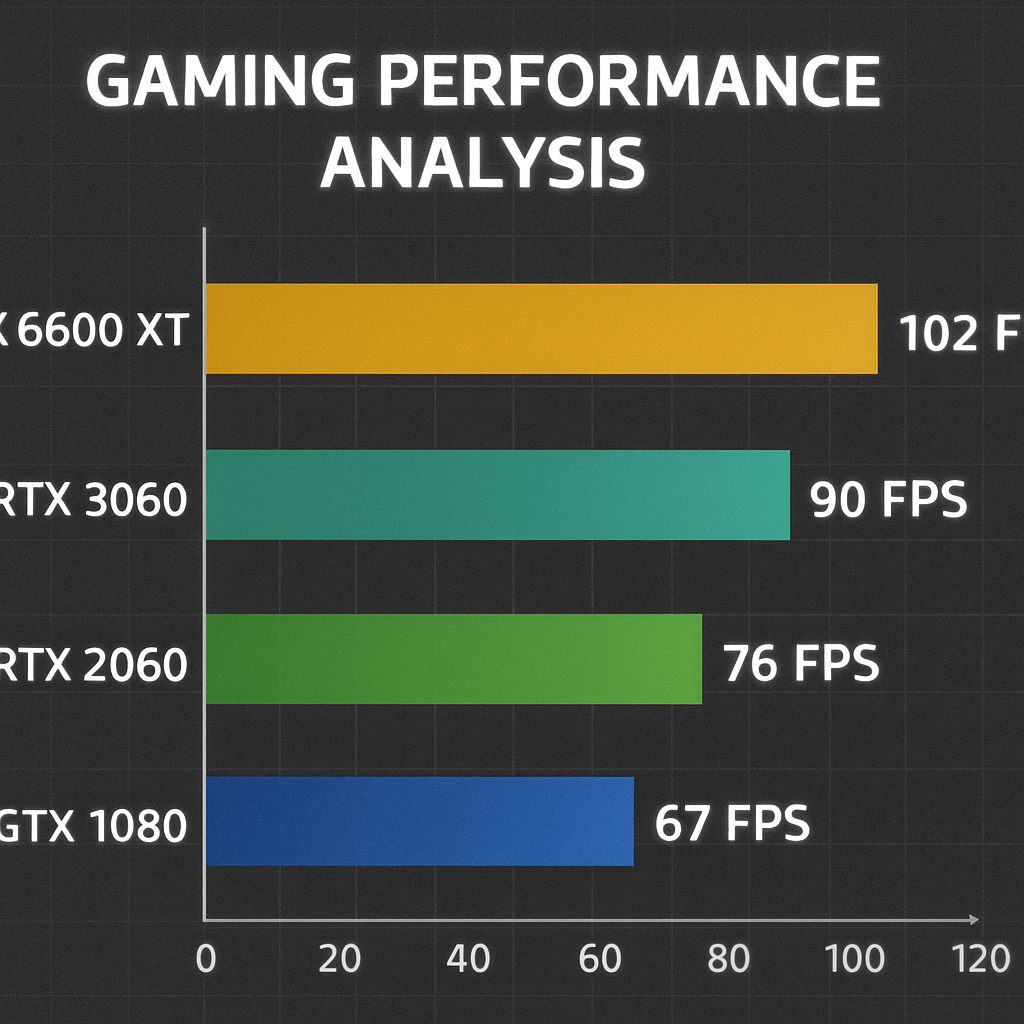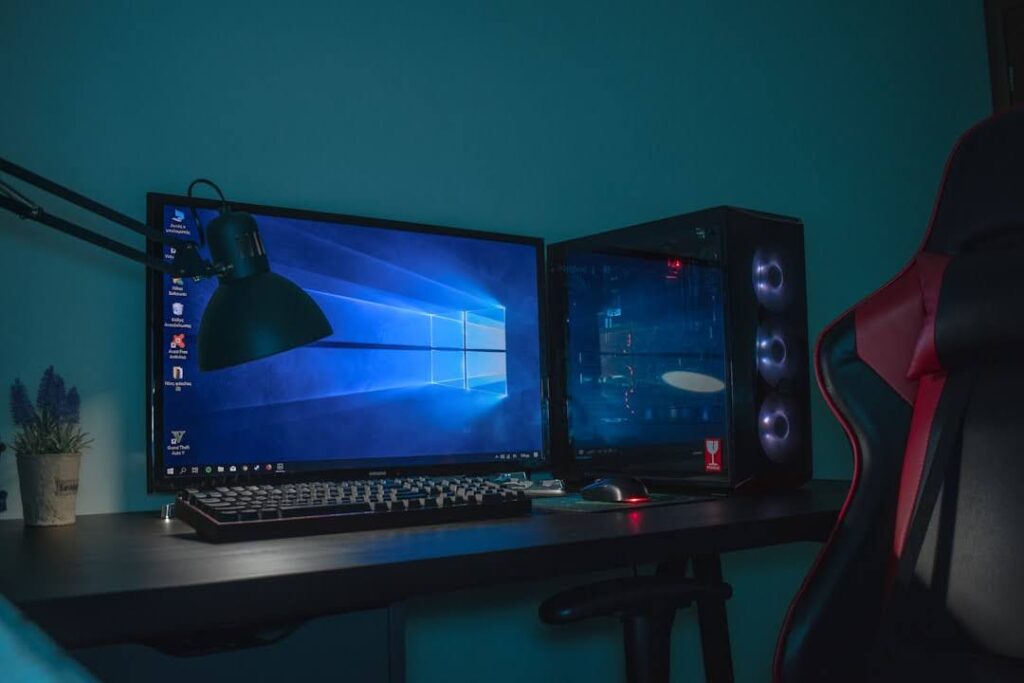When you’re in the middle of an intense gaming session, the last thing you want is for your game to stutter or slow down. One of the common culprits for this issue is a drop in frames per second (FPS). But what causes these drops, and can CPU bottleneck cause FPS drop in gaming? In this article, we’ll explore the relationship between CPU bottlenecks and FPS drops, and discuss some practical solutions to help you optimize your gaming experience
A CPU bottleneck occurs when your computer’s central processing unit (CPU) is unable to keep up with the demands of your applications or games. This can happen when the CPU is processing data slower than the speed at which the graphics processing unit (GPU) is sending it. As a result, the performance of your system is limited by the CPU, leading to potential FPS drops during gaming.
How Does a CPU Bottleneck Affect FPS?
When a CPU bottleneck occurs, your GPU might not be able to reach its full potential, causing a reduction in FPS. Essentially, the CPU is the limiting factor in your system, preventing the GPU from rendering frames as quickly as it could. This can lead to choppy gameplay, longer load times, and an overall less enjoyable gaming experience.
Identifying a CPU Bottleneck?

1.Signs of a CPU Bottleneck
How can you tell if your CPU is causing an FPS drop? Here are some common indicators:
- High CPU Usage: If your CPU usage is consistently at or near 100% while gaming, it could be a sign that your CPU is struggling to keep up with the demands of your game.
- Low GPU Usage: Conversely, if your GPU usage is significantly lower than expected, it may indicate that the GPU is waiting for the CPU to process data.
- Stuttering or Lag: Choppy gameplay or noticeable lag can also be signs of a CPU bottleneck.
2.Tools for Diagnosing CPU Bottlenecks
To diagnose a CPU bottleneck, you can use various monitoring tools that track CPU and GPU usage. Popular options include:
- MSI Afterburner: This tool provides real-time monitoring of CPU and GPU performance, allowing you to identify any discrepancies between the two.
- HWMonitor: HWMonitor tracks the temperature, voltage, and usage of your CPU and GPU, helping you detect potential bottlenecks.
Solutions to Address CPU Bottlenecks?

Read more:optimizing performance
1.Upgrade Your CPU
One of the most effective ways to eliminate a CPU bottleneck is to upgrade your CPU. A more powerful CPU can handle more data and keep up with your GPU, leading to smoother gameplay and higher FPS. When selecting a new CPU, consider factors like core count, clock speed, and compatibility with your existing hardware.
2.Optimize In-Game Settings
Another solution is to adjust your in-game settings to reduce the load on your CPU. Here are some settings to consider:
- Lower Graphics Quality: Reducing the overall graphics quality can decrease the workload on your CPU, allowing for better FPS.
- Disable Background Applications: Close any unnecessary programs running in the background to free up CPU resources.
- Adjust Resolution: Lowering your game’s resolution can help reduce the strain on your CPU, though it may impact visual quality.
3.Overclock Your CPU
If you’re comfortable with tweaking your hardware, overclocking your CPU can provide a performance boost. By increasing the clock speed of your CPU, you can potentially reduce the bottleneck and improve FPS. However, overclocking can increase heat output, so ensure your cooling system is adequate before proceeding.
4.Keep Your System Updated
Regularly updating your operating system and drivers can also help address CPU bottlenecks. Software updates often include performance optimizations and bug fixes that can improve overall system performance.
Conclusion
A CPU bottleneck can indeed cause FPS drops, leading to a less-than-optimal gaming experience. By understanding the signs of a CPU bottleneck and implementing the solutions discussed in this article, you can optimize your system’s performance and enjoy smoother gameplay. Whether it’s upgrading your CPU, adjusting in-game settings, or overclocking, addressing a CPU bottleneck can make a significant difference in your gaming sessions. Remember to monitor your system’s performance regularly, ensuring that you’re getting the most out of your hardware.
By taking proactive steps to manage CPU bottlenecks, you’ll be better equipped to tackle the challenges of modern gaming and ensure that your hardware performs at its best. So gear up, tweak those settings, and dive back into the world of gaming with confidence.
